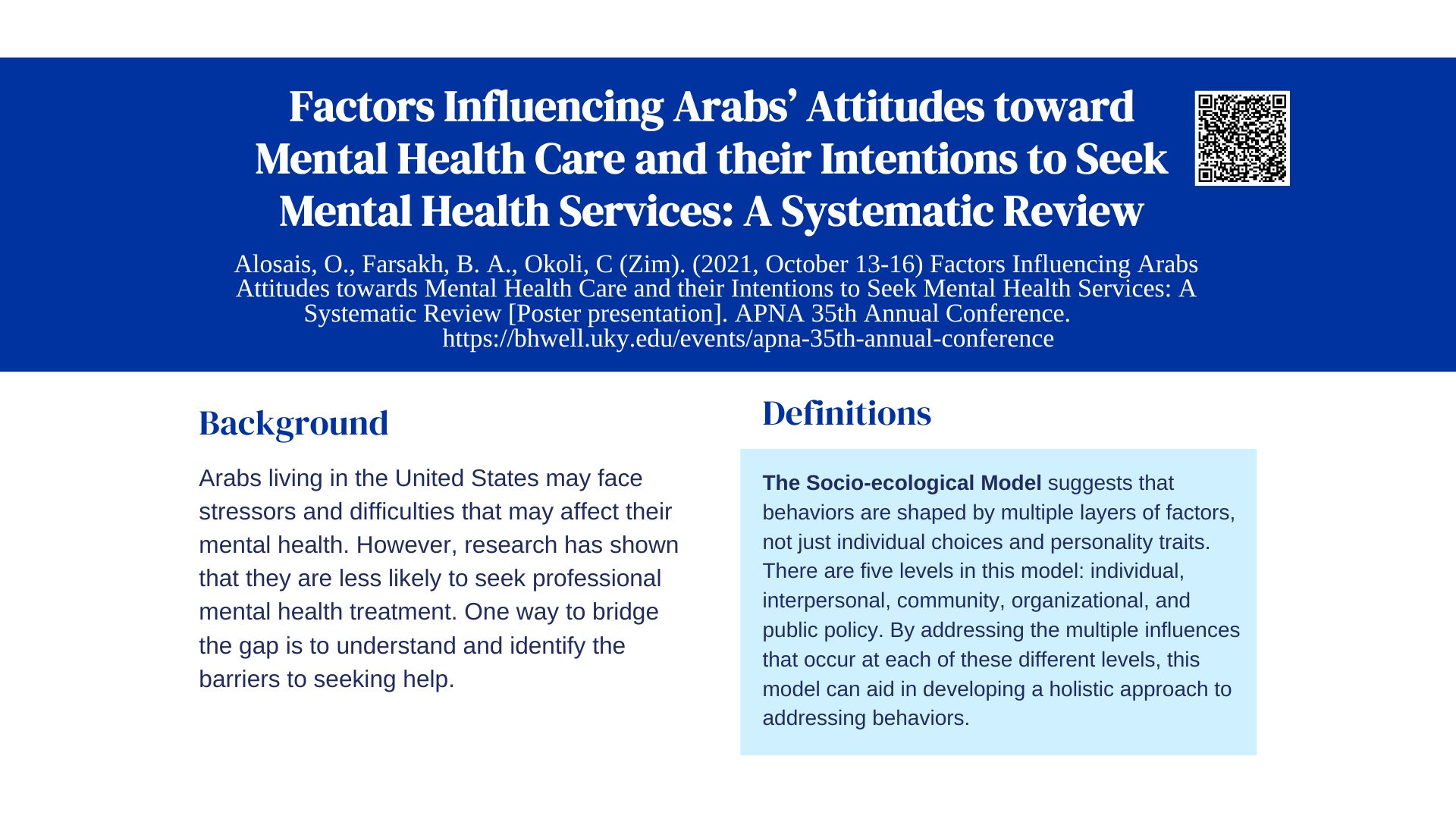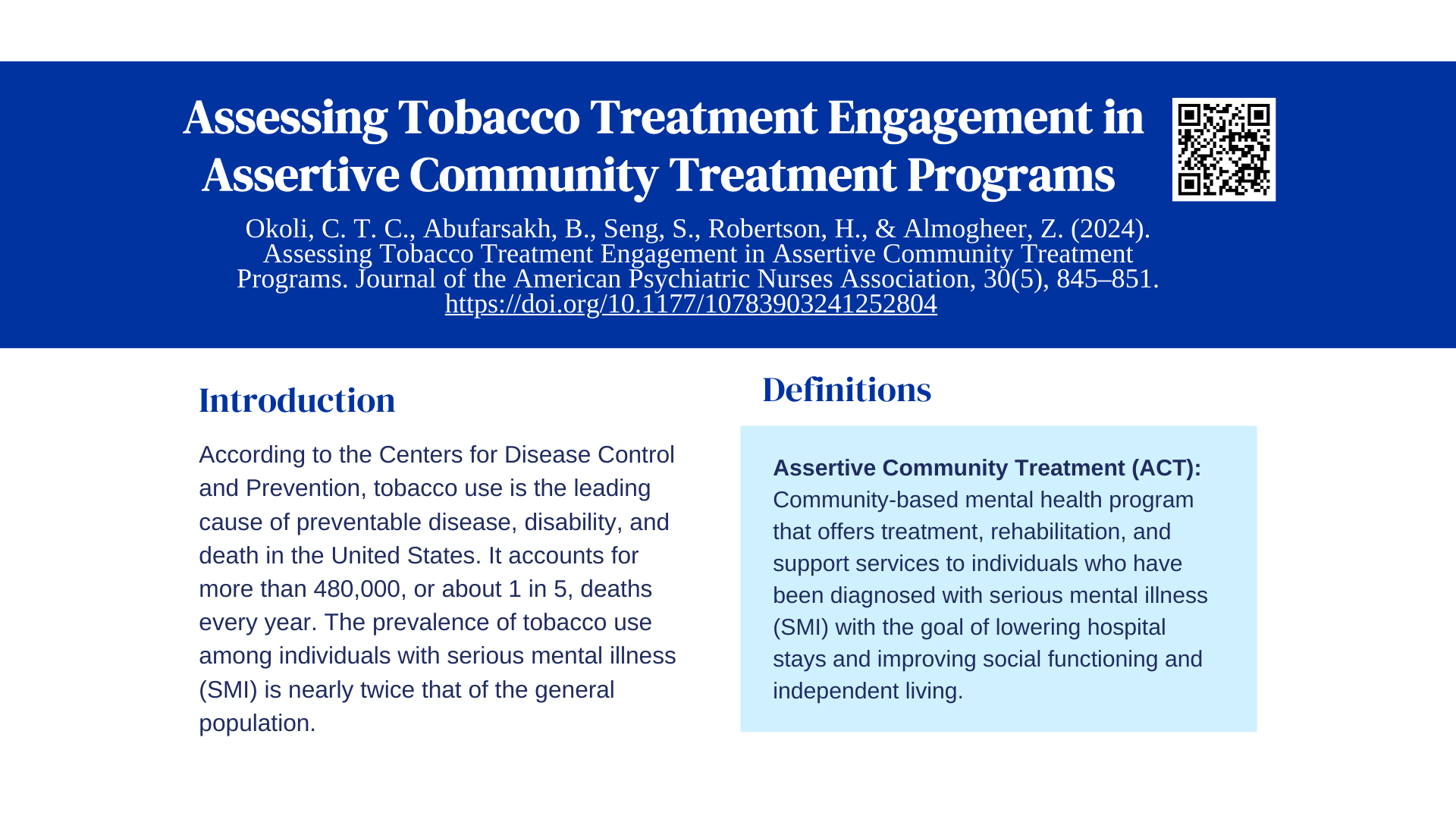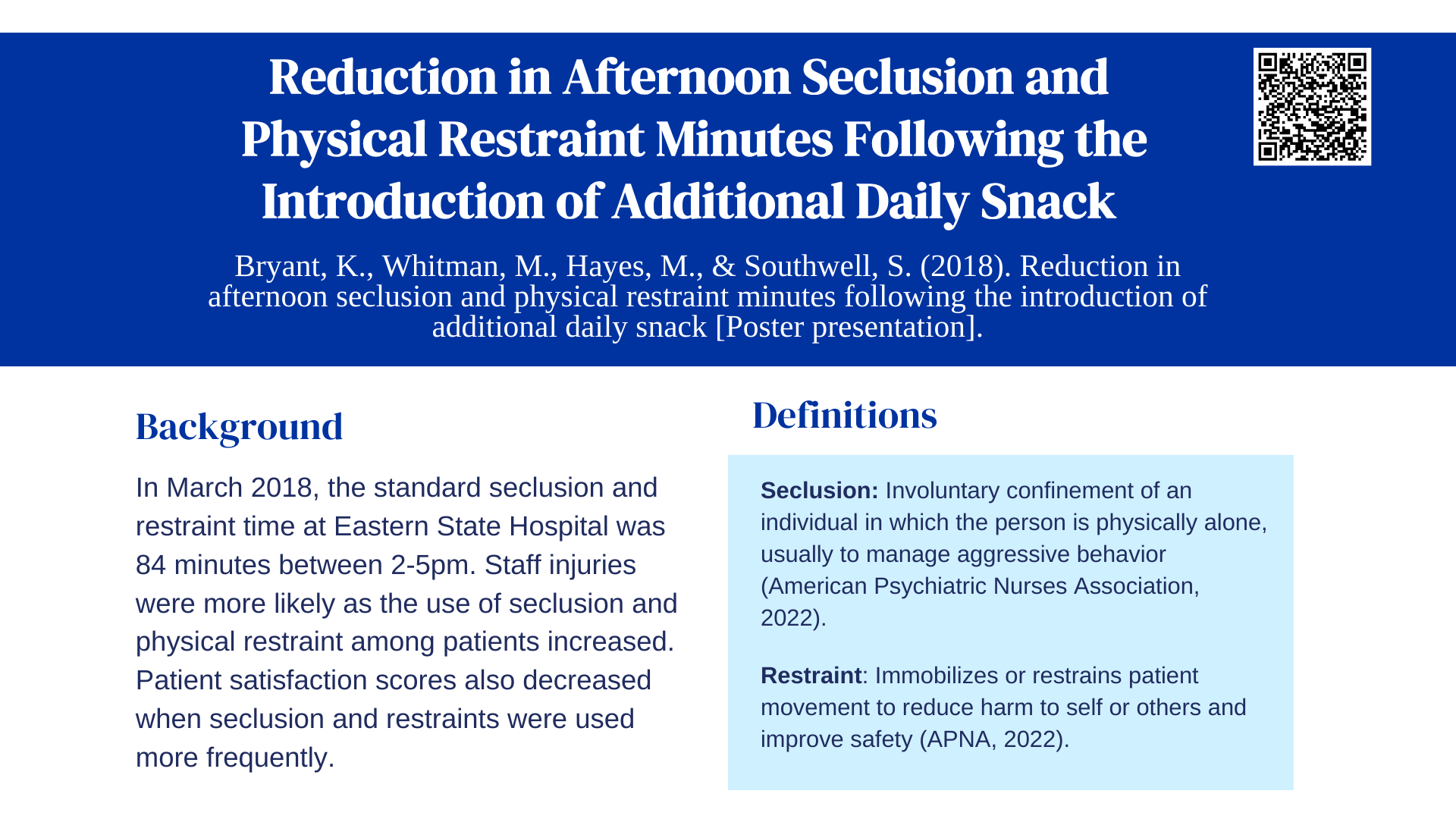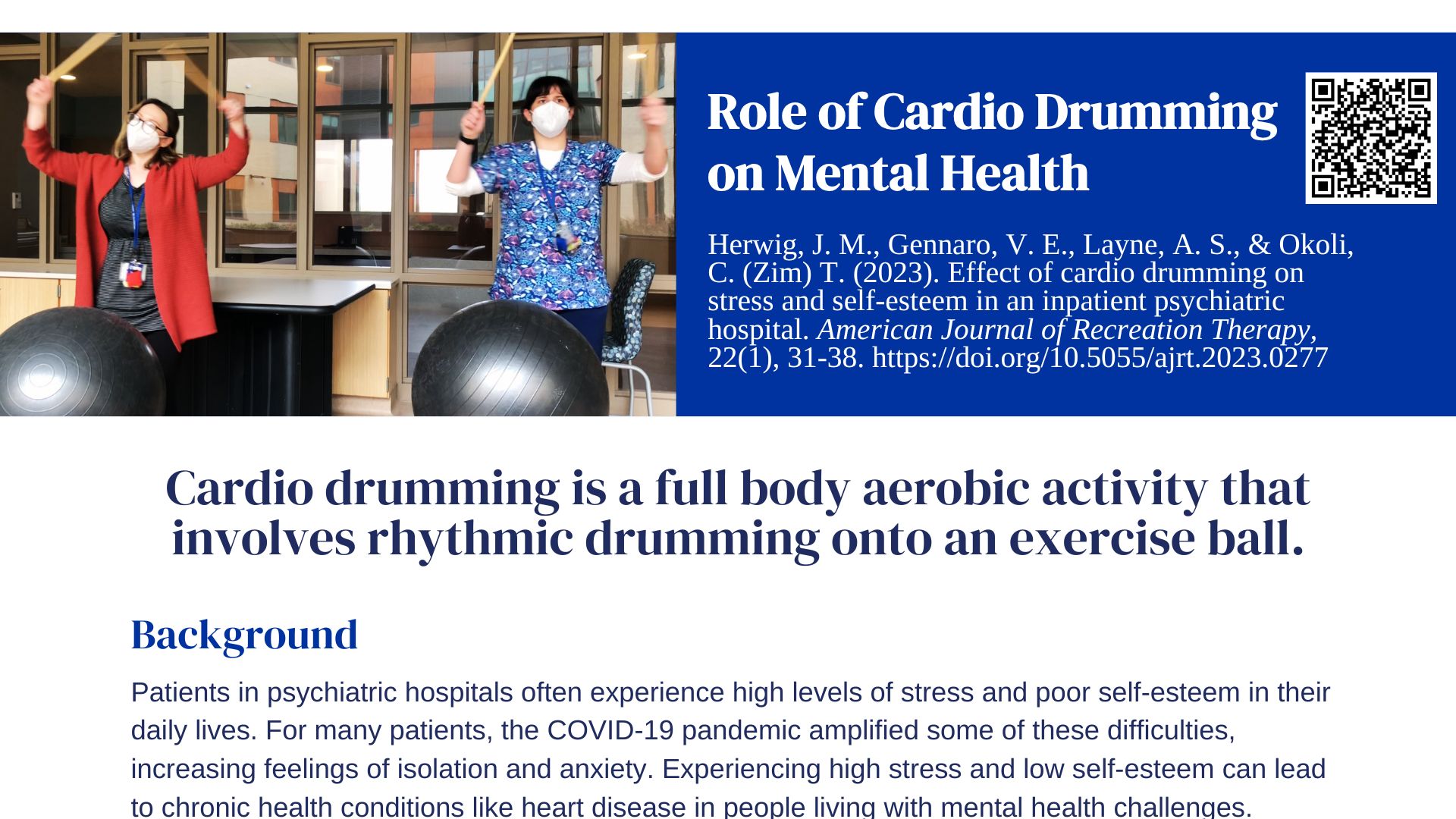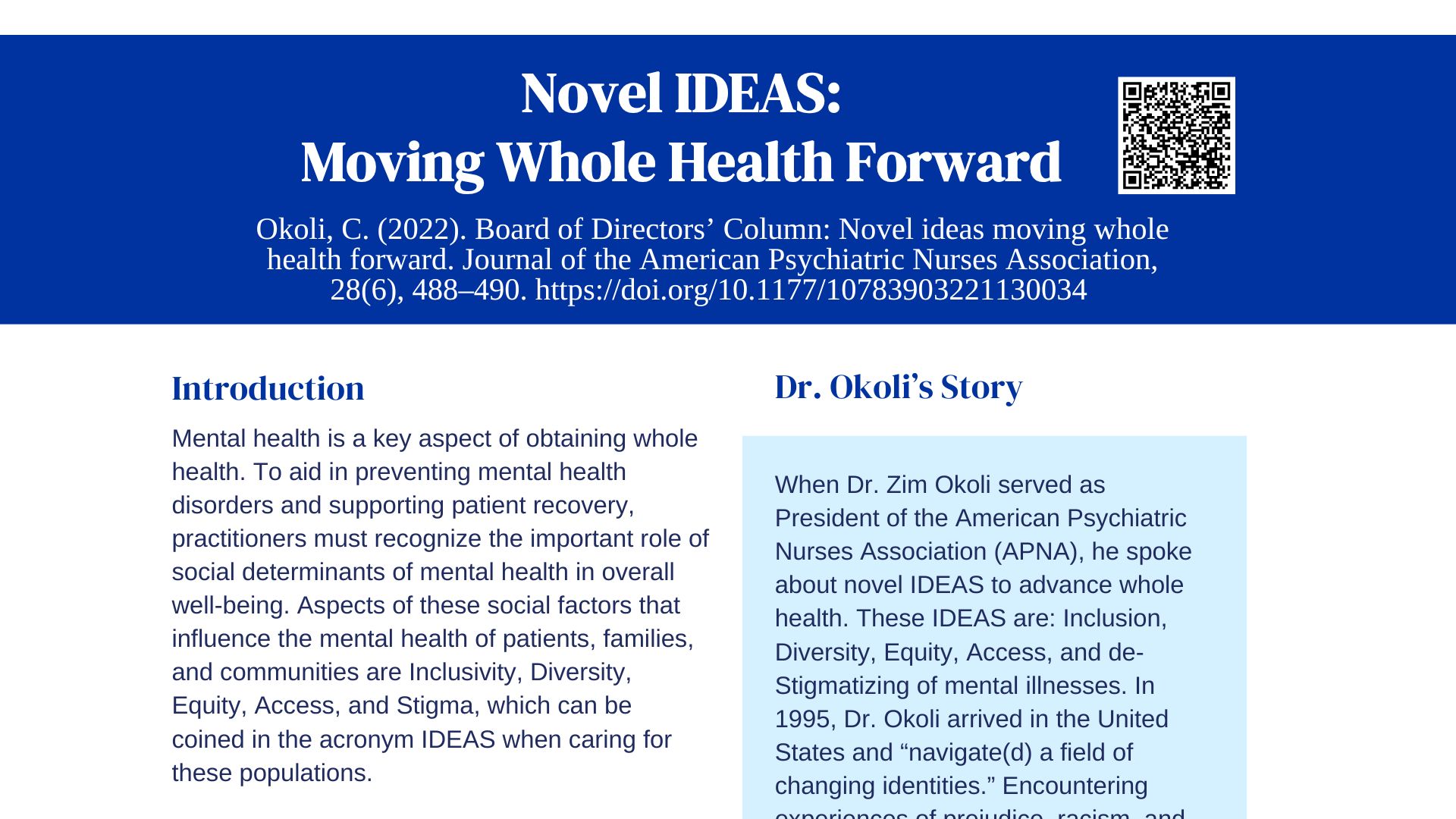Factors Influencing Arabs’ Attitudes toward Mental Health Care and their Intentions to Seek Mental Health Services: A Systematic Review
Volume 2, Issue 5
June 2025
Closing the Gap: Arabs living in the United States may face stressors and difficulties that may affect their mental health. However, research has shown that they are less likely to seek professional mental health treatment. One way to bridge the gap is to understand and identify the barriers to seeking help.
Promoting Positive Patient Outcomes: The purpose of this systematic review was to pinpoint factors that impact Arab attitudes toward mental health care and their willingness to seek it. The results of the systematic review were lifted onto the socio-ecological model to show the layered factors associated with attitudes towards mental health care and intentions to seek mental health care. Psychiatric-mental health nurses may use these factors to develop strategies to increase and promote Arab utilization of mental health services. An increase in mental health care utilization may help alleviate the mental health challenges faced by Arab communities.
Optimizing Resources: Pinpointing factors that impact Arab attitudes toward mental health care can help inform new approaches to engage Arab communities in mental health care. Addressing these factors could increase the likelihood that Arabs will seek mental health care which may improve health outcomes.
